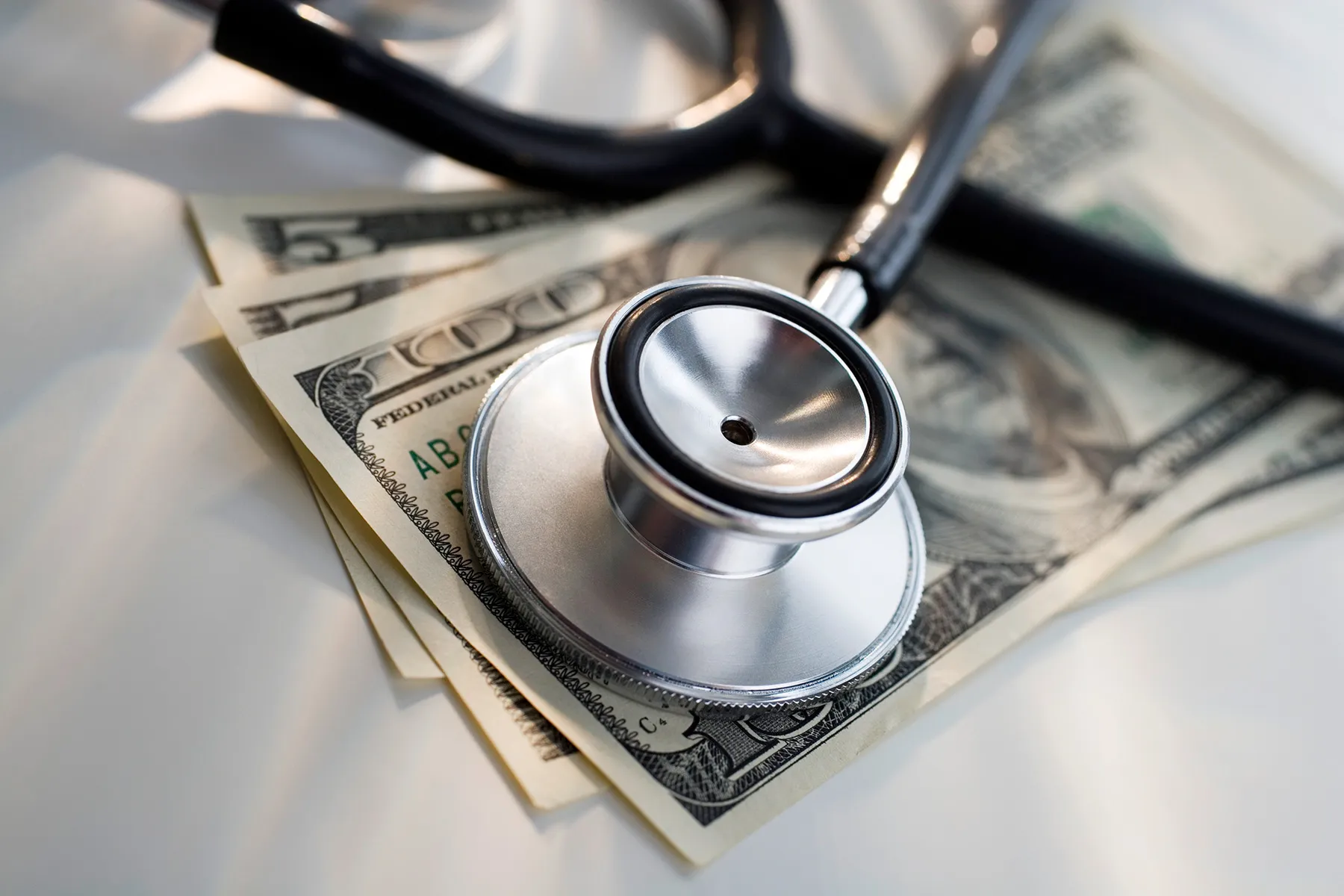HealthDay Reporter
MONDAY, May 23, 2022 (HealthDay News) — If you’re poor and have a severe type of health insurance.
Previous studies have shown that social factors have a big impact on disease outcomes. These so-called social determinants of health are “the conditions in the environments where people are born, live, learn, work, play, worship and age,” according to the U.S. Department of Health and Human Services. They can include such things as availability of safe housing, racism, job opportunities, access to healthy foods, air quality and income.
Lower economic status has been linked to worse clinical outcomes from heart disease, as well as to having other health conditions.
Dr. Triston Smith, medical director of the cardiovascular service at the Trinity Health System in Steubenville, Ohio, reviewed the findings.
“The first impression I got is that it’s a stunning indictment of the health care system that we have, where these inequalities exist and make life and death situations simply based on one’s income and on one’s ZIP code,” he said. “I think there’s a lot to unpack here, but on face value, this does not look good for the way we provide care for our patients with heart attacks.”
Several factors probably contribute to these results, Smith said. For one, poor patients tend to be disadvantaged over their lifetimes due to co-existing conditions, he pointed out.
Even if individuals in each group have some of the same medical conditions, such as diabetes, those who are poorer may not be able to afford the medications to control the condition, Smith said.
“The other issue that I saw here and which was very concerning to me was the cost of care that was provided,” Smith said. Though the poorest patients had higher death rates, less was spent on their care.
“That’s a paradox that we need to dig into because, are we compromising the care of the patients in the lower socioeconomic groups by offering them less-effective therapies?” Smith said.
The findings were presented Wednesday at a meeting in Atlanta of the Society of Cardiovascular Angiography and Interventions. An abstract was previously published in the Journal of the Society for Cardiovascular Angiography and Interventions.
Findings presented at meetings are considered preliminary until published in a peer-reviewed journal.
Study author Minhas said policy and public health efforts are needed to solve the problem.
“They should be directed to mitigate these inequalities and focused public health interventions should address the socioeconomic disparities,” he said.
In addition, research should explore these differences in access to care.
“We should have more prospective population-based studies and more robust study designs that help us interrogate and study these effects of social economic disparities — like income and education and all other things — on cardiovascular outcomes,” Minhas said.
More information
The American Heart Association has more on heart attacks.
SOURCES: Abdul Mannan Khan Minhas, MD, hospitalist, Hattiesburg Clinic Hospital Care Service, Hattiesburg, Miss.; Triston Smith, MD, medical director, cardiology, East Ohio Regional Hospital, Martins Ferry, Ohio; abstract only, Journal of the Society for Cardiovascular Angiography and Interventions, May 1, 2022; Society of Cardiovascular Angiography meeting, May 18, 2022
